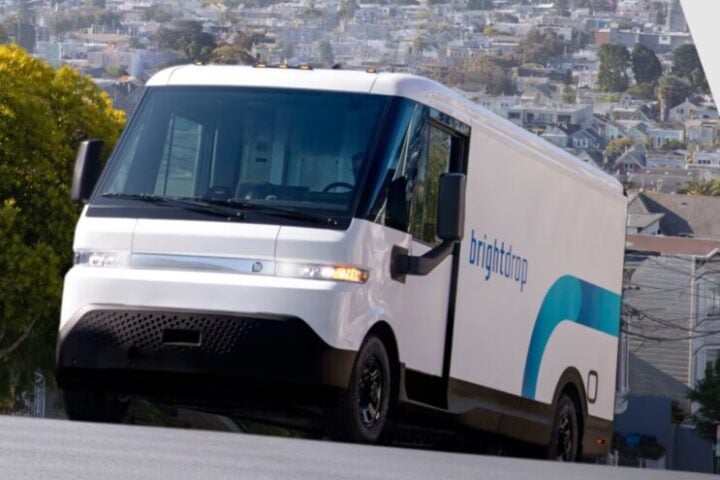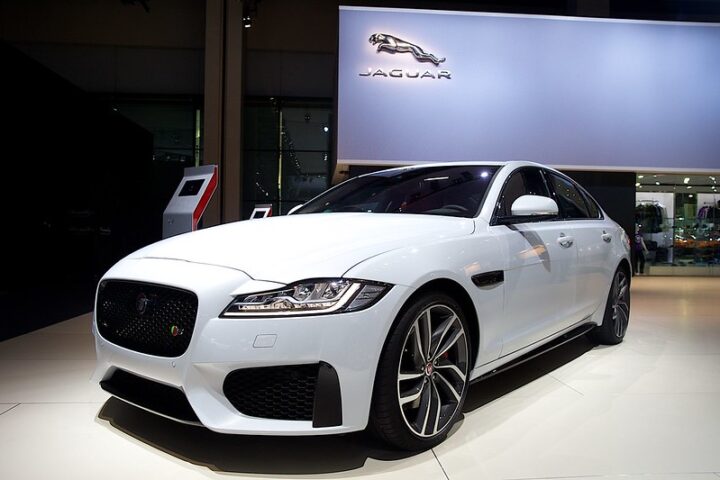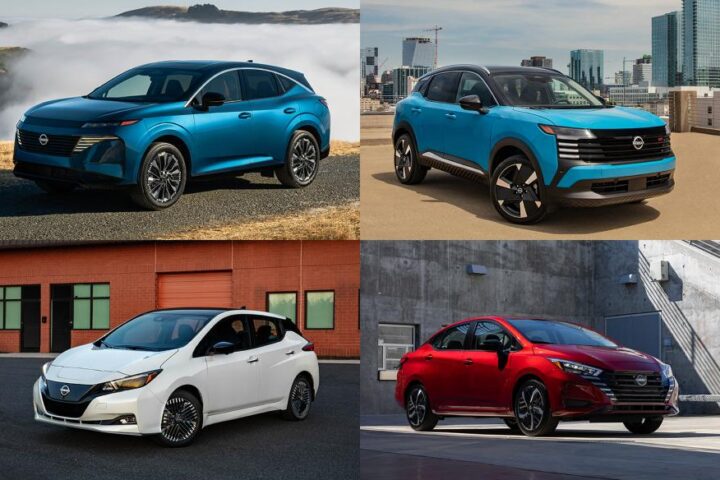A major shift occurred in the electric vehicle (EV) market in Q42023, as BYD Company Limited overtook Tesla in global EV sales and emerged at the top of the chart. BYD, new to the crown, had many key elements aligned that contributed to its rise.
BYD delivered more battery electric vehicles (BEVs) in the fourth quarter of 2023 than Tesla did (484,000 BEVs delivered). This accomplishment not only signifies a prosperous quarter for BYD but also the company’s ascent in the cutthroat EV market. BYD’s 2023 overall sales saw a 62% year-over-year rise to 3.02 million vehicles, exceeding their aggressive sales goal. International markets demonstrated a noteworthy performance, selling 36,000 units in December alone, for a total of 243,000 units sold for the year. While 341,043 units were all together sold in December, hitting the 3,024,417 magic number in total vehicles sold throughout the year.
BYD said that revenues for the last 12 months surged to $78 billion, a 68% rise over the $46.5 million in the previous period. Additionally, operating profits were reported to have doubled to $4.1 billion. These numbers demonstrate the strategic edge that BYD has amassed thanks to Beijing’s strategic planning and support, which have allowed it to maintain control over the supply chain for EV manufacturing, including chips, battery components, and raw materials.
In 2024, BYD is still expected to have a bright future. Analysts predict that EV demand will be positively impacted in China, even in spite of wider economic difficulties. China’s EV sales increased 41% year over year to 840,500 units in November 2023; growth trends suggest that demand will continue to accelerate. But given the forecast decline in lithium prices and the advantages of higher production volumes, it is anticipated that cost base reductions will more than offset margin pressures from price reductions.
A residual earnings model suggests that a fair price of $47.55, or a potential upside of 70%, should be assigned to BYD’s stock. Updated EPS estimates for FY 2024 through FY 2026, with a range of $2.3 to $3.1, are taken into account in this value. Because of the competitive landscape in the EV market and geopolitical unrest, the cost of equity assumption was adjusted to 9.25%.
Purchasing BYD stock carries a number of risks, such as shifting investor sentiment toward Chinese ADRs and risk assets, regulatory risks in China, geopolitical difficulties, and increased competition. Notwithstanding these dangers, BYD’s competitive price approach and cutting-edge battery technology support its market position.
Similar Posts
Experts like Michael Dunne of Dunne Insights praised BYD for their exceptional pricing and cutting-edge battery technology. BYD’s vehicles, including the $11,500 Seagull hatchback, are reasonably priced in comparison to Tesla’s premium pricing approach, which is best represented by the approach 3’s starting price of $38,990.
Analysts believe that BYD will not pose a threat to Tesla in the near future in the luxury EV section of the American market because of the political ramifications. It is noteworthy that Tesla’s Cybertruck is a unique product in the luxury segment, having reportedly received two million preorders before its debut.
The International Energy Agency’s prediction of 14 million EV sales in 2023 points to a thriving worldwide EV market. The competition for EV supremacy in 2024 is anticipated to be impacted by the popularity of more affordable versions like Tesla’s range and BYD’s Dolphin.
Strong sales performance, astute supply chain management, and aggressive pricing have propelled BYD to the top spot as an electric vehicle manufacturer in Q4 2023, marking a significant turning point for the sector. Nonetheless, the business must manage difficulties, including possible margin pressure, escalating competition, and geopolitical threats.

















